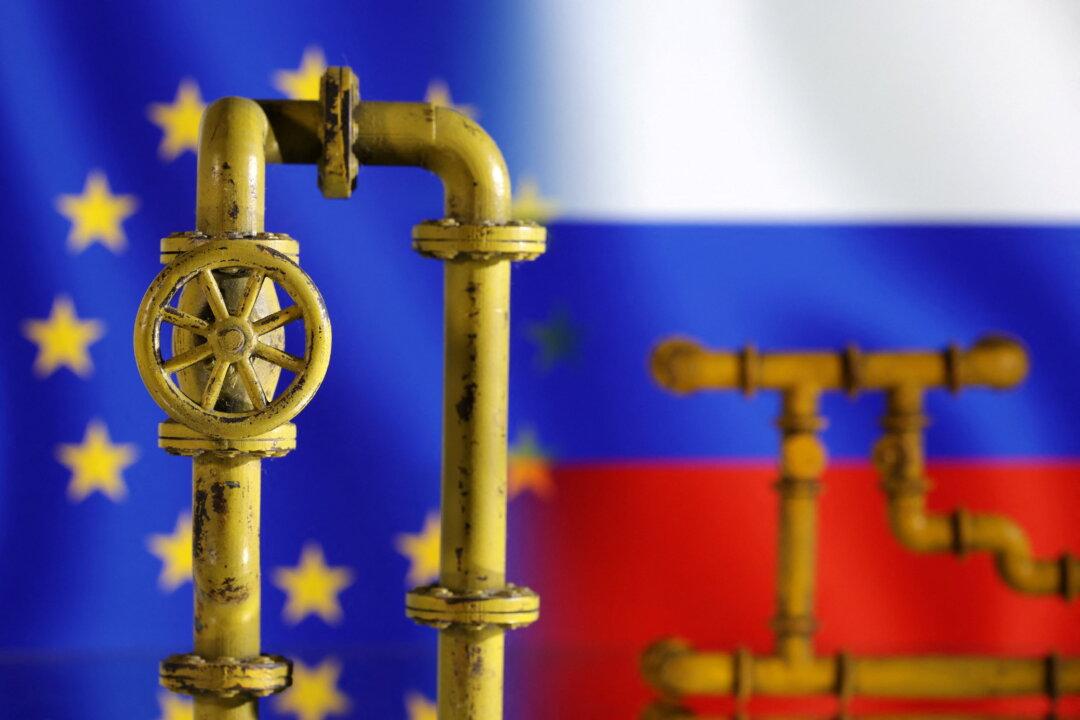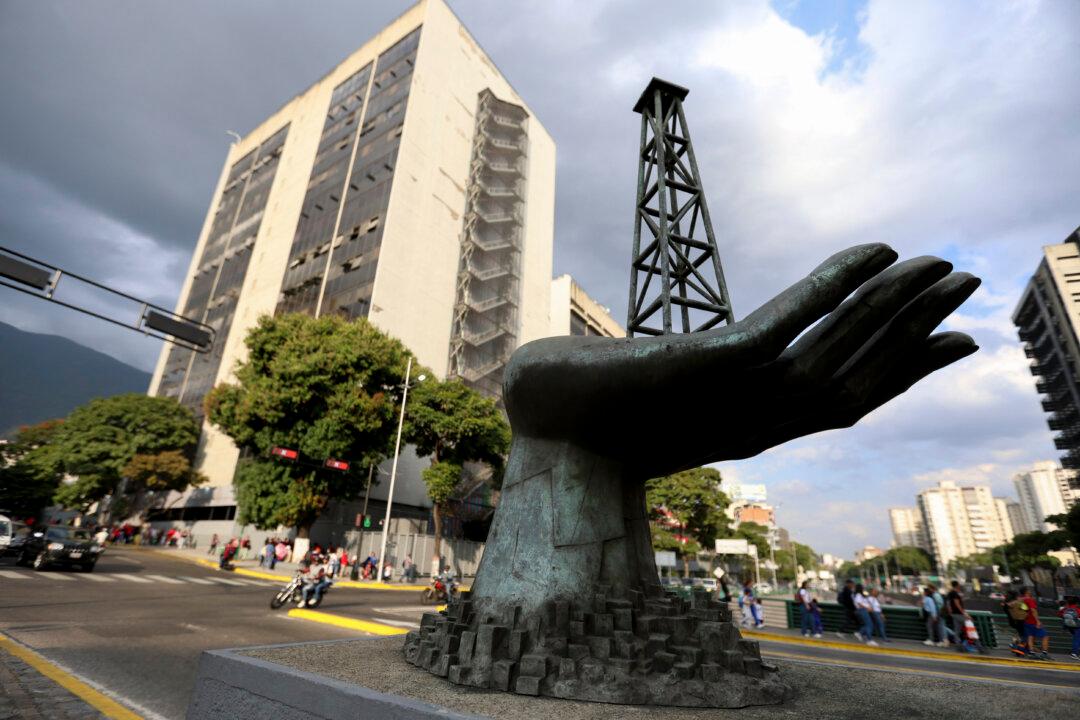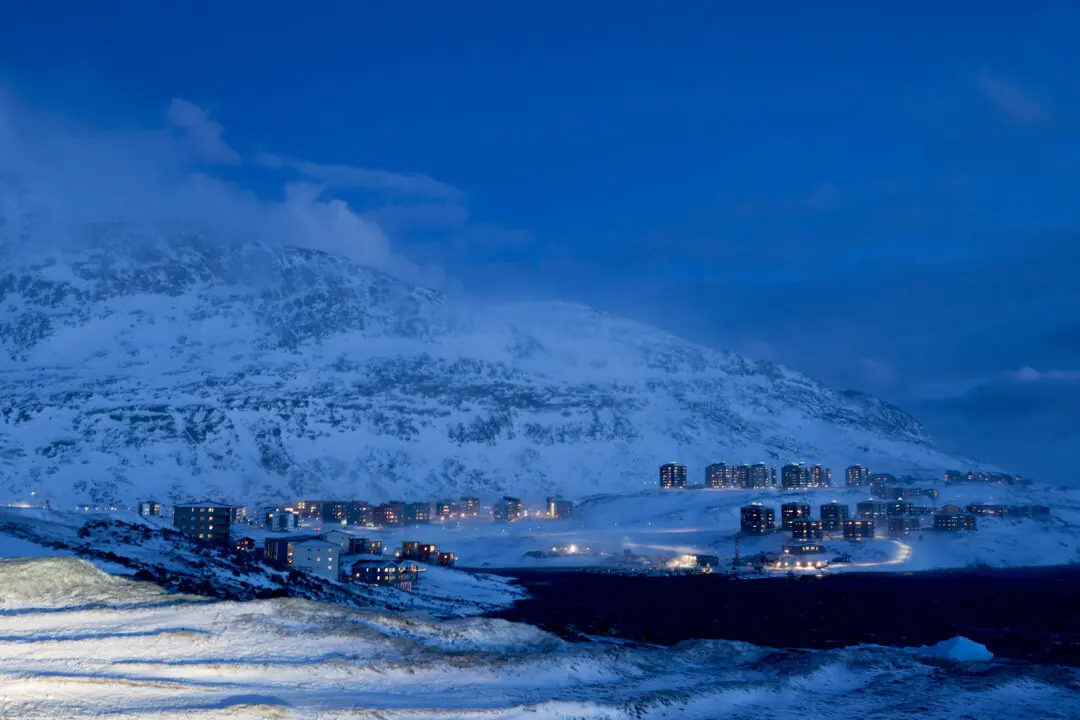Commentary
The European Union has announced strict “energy efficiency” consumption reduction measures to cut 15 percent of gas demand as Russia threatens to shut down gas supplies. Some regions and cities have imposed aggressive heating and air conditioning limits as well as cuts in building lights. Does this work or will it backfire?





